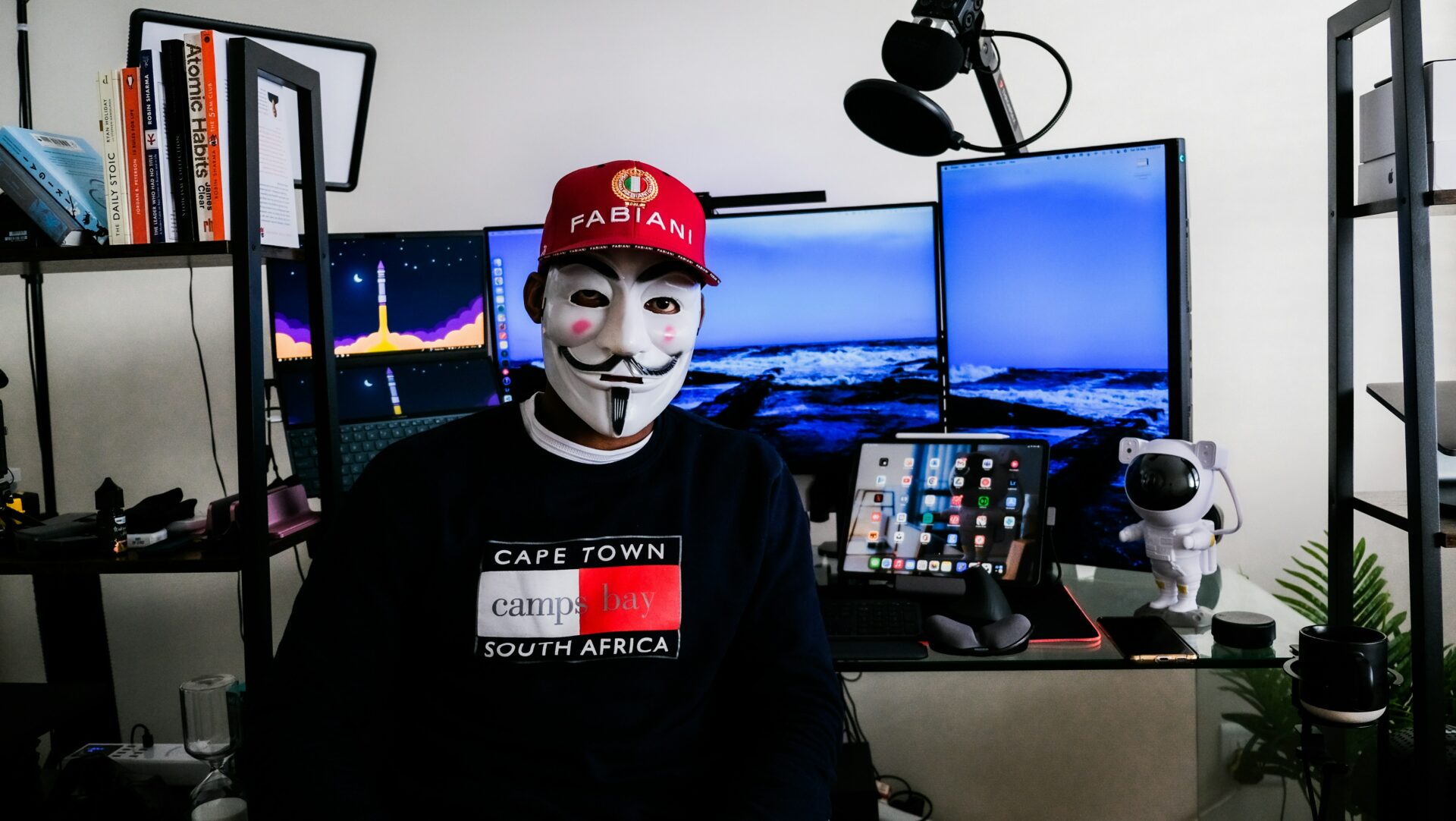AI-powered impersonation is turning hotel staff into the weakest link in cybersecurity
Aug 25, 2025
Deepfakes have quickly emerged as one of the most dangerous cybersecurity threats, costing businesses over $200 million in early 2025 alone. Hotels, with their guest-facing systems and people-first operations, are especially exposed—yet few see the full risk. Without stronger training, vendor oversight, and AI-enabled defenses, the industry faces mounting financial and reputational damage.
Key takeaways
- Rising financial impact: Deepfake-related cybercrime cost businesses more than $200 million in Q1 2025, with fraud losses projected to reach $40 billion annually in the U.S. by 2027.
- Frontline vulnerability: Hotel staff, particularly at front desks, often lack training to recognize synthetic voices or fake video calls, making them prime targets for attackers.
- Training gap: Nearly half of hospitality leaders admit their teams can’t reliably detect AI-driven threats, while 16% have no plans to introduce cybersecurity training at all.
- Vendor risks: Heavy reliance on third-party platforms for payments and guest management increases exposure, yet many hotels lack advanced monitoring and response strategies.
- AI versus AI: Defending against deepfake attacks requires AI-based detection tools that flag anomalies in real time, alongside partnerships with managed security providers for 24/7 protection.
- Business consequences: Attacks can trigger financial losses, lawsuits, reputational damage, higher insurance costs, and even reduced occupancy—showing the stakes extend beyond IT into core hotel operations.
Get the full story at Hospitality. Technology






